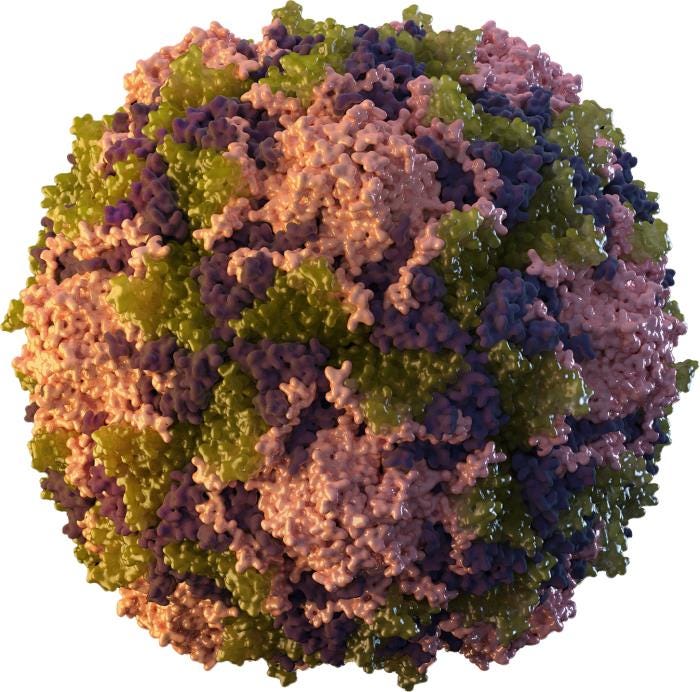A child has been paralyzed by wild poliovirus type 1 (WPV1) in Dera Bugti district of Balochistan, marking the first polio case of 2024 on February 22.
The Regional Reference Lab for Polio Eradication based at the National Institute of Health in Pakistan reports the virus was detected in stool samples collected from a 30-month-old boy from Sui tehsil of Dera Bugti.
The isolated virus belongs to the imported YB3A cluster.
This is the first polio case reported in Dera Bugti in nearly 13 years.
One week later, a child has been paralyzed by wild poliovirus type 1 (WPV1) in Chaman district of Balochistan.
WPV1 was isolated from the stool samples of a 52-months-old child from Chaman tehsil of the district.
The child had onset of paralysis on February 29 and the isolated virus belongs to the imported YB3A cluster, which has been detected in 10 positive samples reported from Chaman since October 2023.
This is the second polio case reported from Pakistan in 2024 and first case from Chaman in almost four years.
The Polio Programme has conducted two nationwide polio vaccination drives since the beginning of 2024 to vaccinate more than 45 million children and boost their immunity. As a case response, a polio drive will begin in all districts of virus detection from March 25 to vaccinate more than 6 million children.
In 2023, Pakistan reported six WPV1 cases.
Subscribe to Outbreak News TV on YouTube
In addition, nine sewage samples collected from six districts have tested positive for wild poliovirus type 1 (WPV1).
The Regional Reference Laboratory for Polio Eradication at the National Institute of Health has notified to the National Emergency Operations Center for Polio Eradication that WPV1 was found in two sewage samples taken from Quetta, two from Chaman, two from Peshawar and one each from Karachi South, Karachi Korangi and Mastung between February 21 and February 27, taking the number of total positive environmental samples in 2024 to 65.
All positive environmental samples contain the YB3A virus cluster, which disappeared from Pakistan in 2021 and was reintroduced through cross-border transmission in January 2023.
This virus has been detected in more than 150 sewage samples and five cases since 2023 in more than 20 districts.





